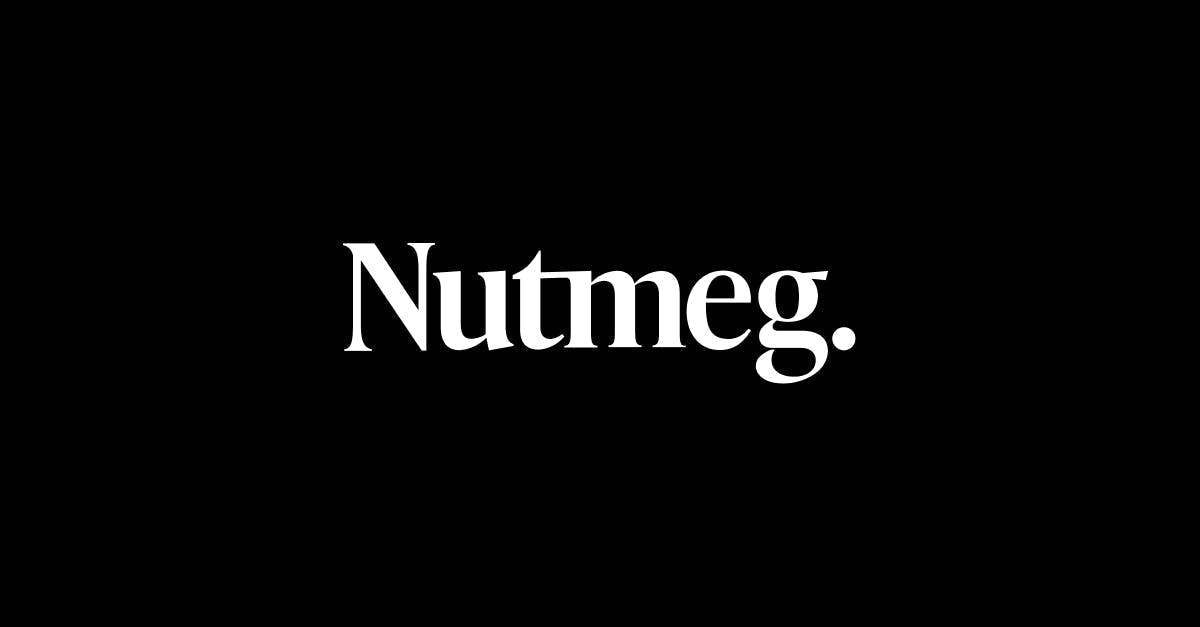Education is a word I have heard all too often when speaking to issuers and the wider ETF industry about the lack of retail adoption in the UK, however, little progress has been made in recent years.
Highlighting this, arecent surveycommissioned by WisdomTree found only 22% of retail investors said they invest in ETFs while some 19% of respondents revealed they have never heard of them.
While these numbers make for depressing reading for anyone in the ETF industry, they should come as no surprise. The UK continues to be a mutual fund or direct stock-friendly market for self-directed investors while the main users of ETFs are professional investors, be that discretionary fund managers, private banks or to a lesser extent large institutions.
The retail market for ETFs across Europe is woefully small with over 80% of the assets invested by institutional investors, even despite thedramatic growth in Germanyover the past two years thanks to ETF savings plans.
Neo-broker Scalable Capital has been one of the main beneficiaries of this growth in Germany and is now looking toexpand into Italybut the firm pulled out of targeting UK retail investors in January 2021 in response to the specific challenges of the market.
WisdomTree’s survey shows why ETF education is evidently crucial but what this looks like in the UK is a big question for issuers which have been patiently waiting for the market to boom.
James McManus, CIO at digital wealth manager Nutmeg, stressed the importance of retail investment platforms that are yet to push investors towards ETFs.
“Fundamentally, this comes down to how retail investors in the UK are encouraged to invest by the traditional platform industry,” McManus said.
“ETFs are arguably often best used in asset allocation. Traditional retail investment platforms offer lots of stock and fund research but limited asset allocation perspectives. This is an area that ETF issuers could target to attempt to increase retail participation.”
Access to a wide variety of markets is an often-underappreciated benefit of ETFs, especially when combined with the low-cost, transparent nature of the wrapper.
There are signs platforms are starting to take ETFs more seriously. In May, Hargreaves Lansdown expanded its passive research arm to include ETFs in order to “meet the emerging needs” of its investor base.
Therefore, if retail platforms hold the key for further self-directed investor adoption of ETFs, issuers must double down their efforts in supporting these businesses through partnerships or sharing materials.
I am not convinced the UK will see the growth witnessed in Germany due to the institutional nature of the market, however, there is certainly a bigger push required to best serve DIY investors in delivering on their financial goals.
Related articles






